CSSW News and Events
Spring 2024 News and Events
Congratulations to our CSSW Undergraduate Student Research Conference Winners!
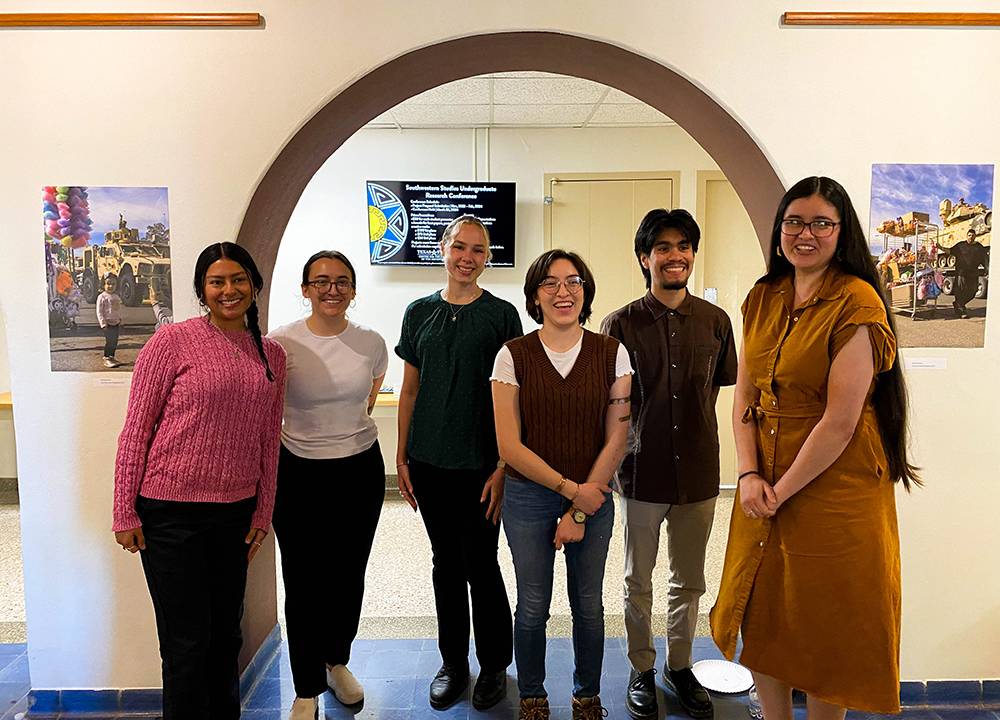
Paper Presentation Winners
- Emmanuel Hernandez | Caminando en La Victoria: Examining the Uses and Meanings of Green Space in a Latin Neighborhood in San Marcos, Texas
- Halle Dobbs | Recognition of Japanese Assimilation in Los Angeles in the 1920s and 1930s
- Idaly Soto | Land Grants in Texas: The Displacement after the U.S. Mexico War
Creative Works Winners
- Adriana Montoya | Re-membering la Frontera: Reclaiming Borderland Narratives Through Place and Storytelling
- Gabriela Moreno | Sun City
Honorable Mentions
- Martha Izaguirre | Bracero’s Program’s mental and physical affects on Mexican Migrant Workers (paper)
- Angus Dunn | Experimentation with a Unique Artifact from Northern Mexico and West Texas for Making Stone Tools (poster)
Featured Event
Southwestern Studies Undergraduate Research Conference
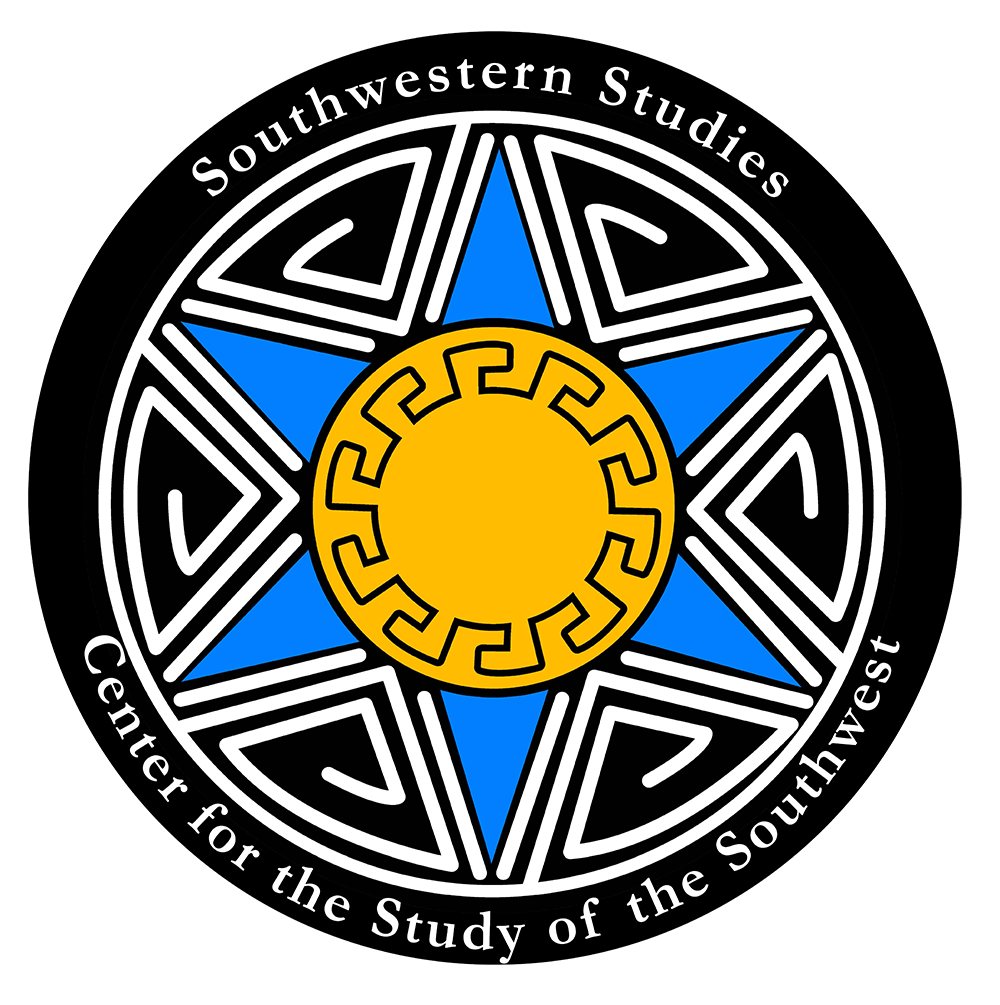
The Center for the Study of the Southwest is excited to announce our first annual Southwestern Studies Undergraduate Research Conference!
The conference will highlight and award original works relating to Texas, the Southwestern United States, and Northern Mexico. We are interested in research that examines the region’s peoples, institutions, histories, cultures, and ecologies. Students are encouraged to submit research or creative works from past or current classes.
Please visit the conference page for more information and abstract submission.
Indigenous Borderlands: A Book Celebration and Dialogue
Dr. Cynthia Radding, Dr. Erick D. Langer, and Dr. Joaquín Rivaya-Martínez
Thursday, January 25, 2024 | 2:00 pm
Flowers Hall 230 & Online via Zoom
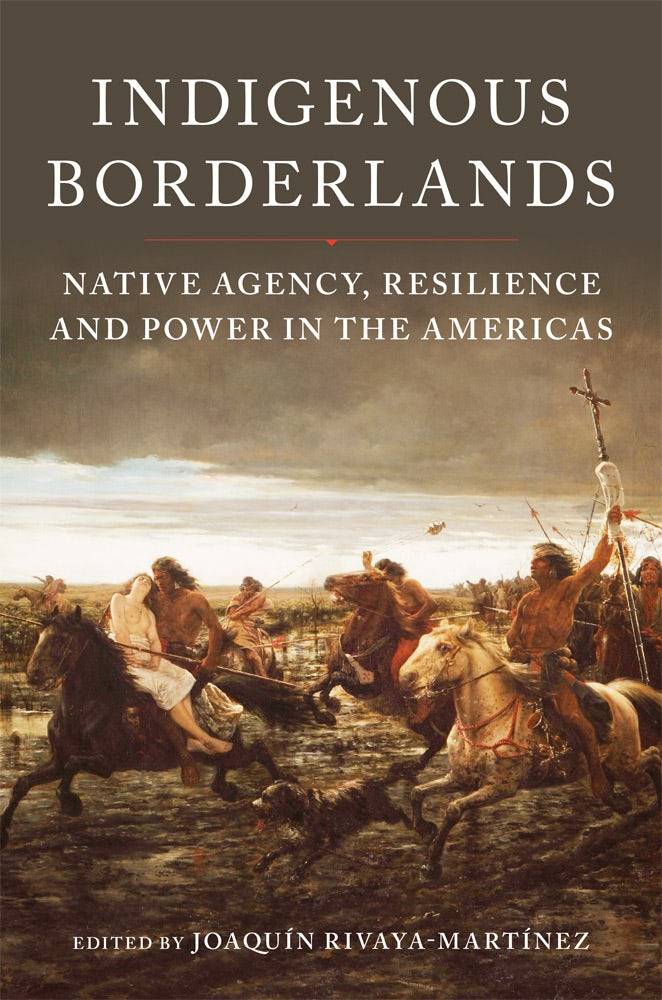
Contrary to conventional wisdom, the Natives of the Americas were not doomed after 1492. As the participants in this dialogue will discuss, many Indigenous peoples exercised considerable power and sovereignty after contact with Europeans.
The book brings together selected national and international scholars whose research engages with past and present Native communities across the Western Hemisphere. Indigenous people, who often occupy a marginal space in the scholarship on the history of the Americas, are the protagonists of this far-reaching revisionary work, in which pervasive myths of European domination and Indigenous submission receive an overdue corrective.
Land Holding, Land Taking and the Geography of Violence
Dr. Danielle Purifoy, Dr. Annette Rodriguez, & Dr. Louise Seamster
Monday, February 12, 2024 | 12:30 pm
Brazos Hall & Online via Zoom
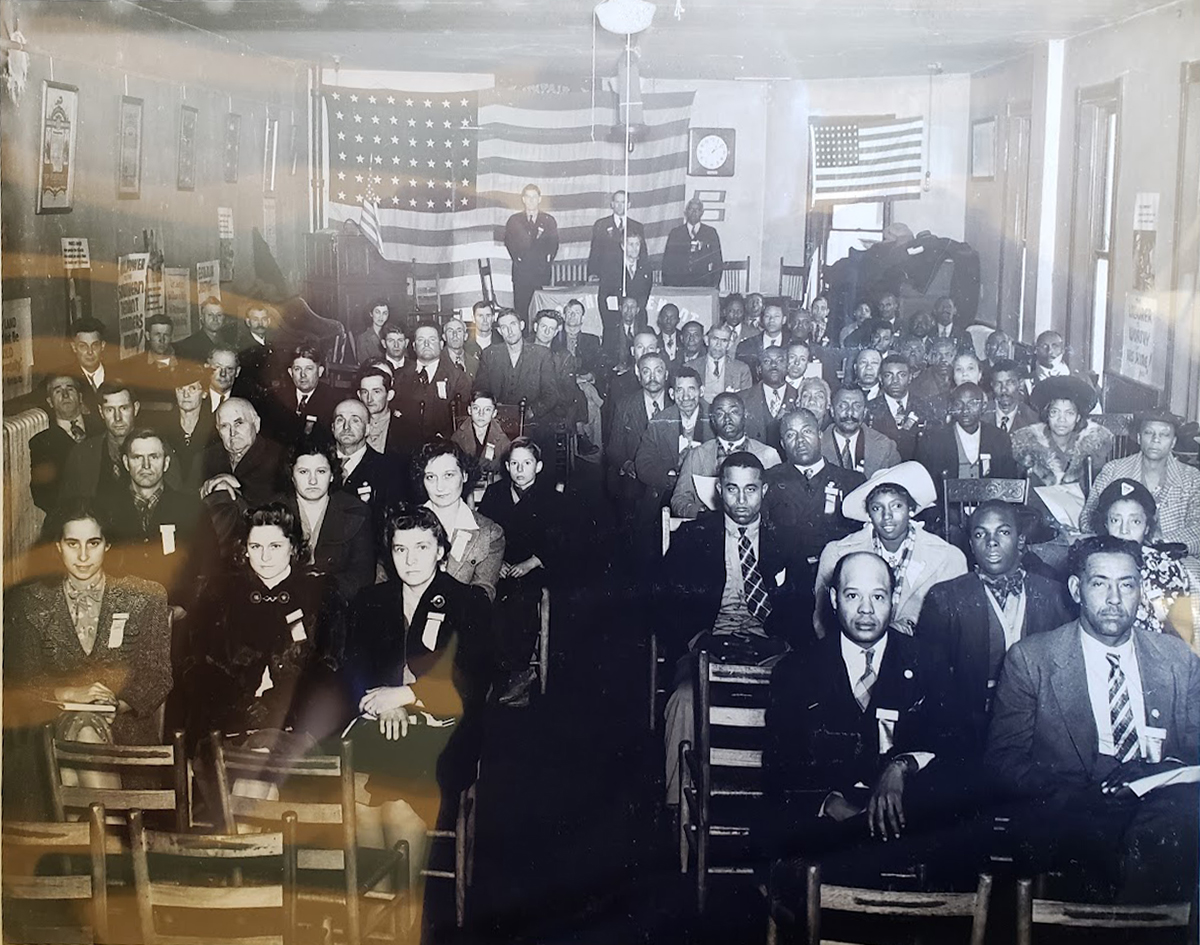
The structures that shape the way Black and Latino communities make place in rural America: an interdisciplinary Liberal Arts roundtable. Historian Annette Rodriguez, Sociologist Louise Seamster and Geographer Danielle Purifoy share what they have learned through their research on Black and Mexican land grants; Tamina and the growth of the Woodlands; and golf resorts and Black rural displacement.
Creative Extraction: Black Towns in White Space
Dr. Danielle Purifoy & Dr. Louise Seamster
Monday, February 12, 2024 | 6:30 pm
Centro Cultural Hispano de San Marcos
211 Lee Street, San Marcos, Texas 78666
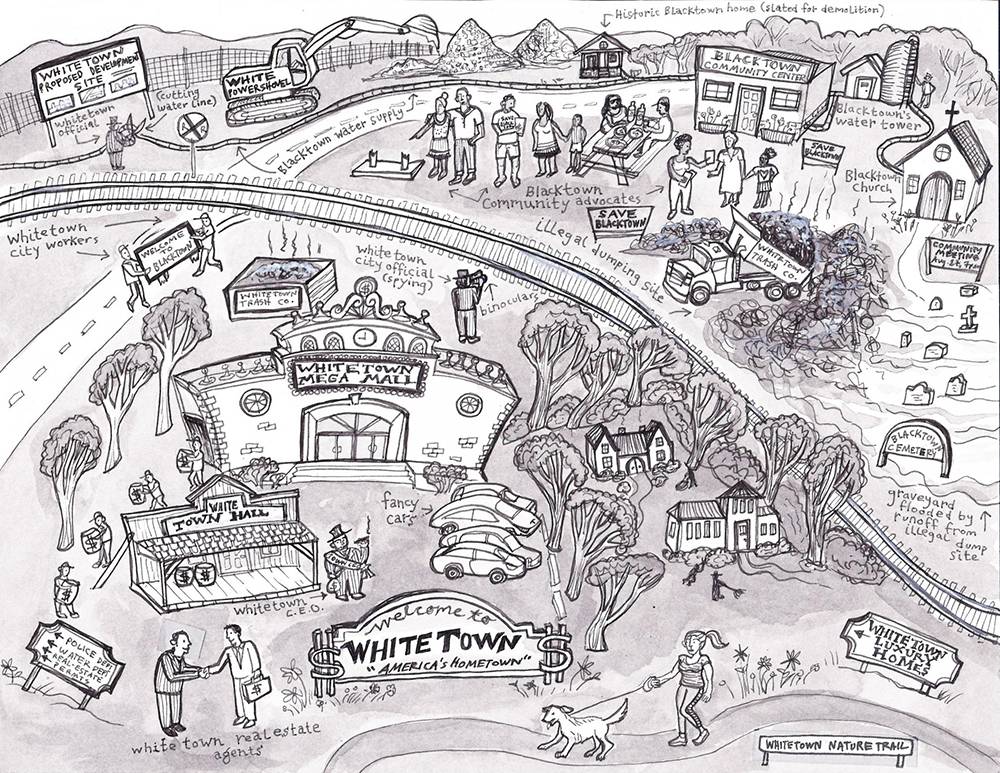
Suburbs and destination-resorts take from the Black towns that predated the new towns' post-Civil Rights arrival. Purifoy and Seamster propose illuminating some of these so-called anomalies through Charles Mills’ “racial contract,” which we argue structures space at a deeper level than traditional legal arrangements and allows us to look relationally at Black towns in “white space.”
Remembering M. Scott Momaday
M. Scott Momaday spoke here in San Marcos in October 1993. This was the second lecture in the series “American Indians Out West: Abiding Earth, Restless Sky,” part of the early programming of the Center for the Study of the Southwest. M. Scott Momaday embodied a broad humanistic inquiry into the physical and cultural ecology of the diverse peoples of the Southwest. In this presentation, the poet and novelist traced out aspects of Kiowa migrations, displacements and detentions that shaped his life and as well as centuries of Kiowa history.
On January 29, 2024, we learned of the sad news of M. Scott Momaday’s passing. Our thoughts are with M. Scott Momaday’s family and communities, as well as everyone who has been shaped by his writings.
For many people, M. Scott Momaday looms large. Mark Busby, our first director, had the lecture and discussion videotaped, part of a larger effort to promote artists and cultures in the making of the Southwest. We share this video and transcript to honor M. Scott Momaday’s generosity, his commitment to a public sharing of his work, and his sense of place, particularly as one of the key authors who helped shape an earlier renaissance in American Indian Fiction. As M. Scott Momaday pointed out about his journeys and residences across Oklahoma, Texas, New Mexico and Arizona, “I can't think of a better geography upon which to center my writing, and I have seen much of the world. Finally, I suppose we have no choice in the matter. We write of our time and place and of our investment in that place and at that time.”
Everyday Monsoons, or the Structural Ecology of Desert Washes and Other Gaps
Dr. Jayson Maurice Porter
Tuesday, February 13, 2024 | 12:30 PM
Brazos Hall & Online via Zoom
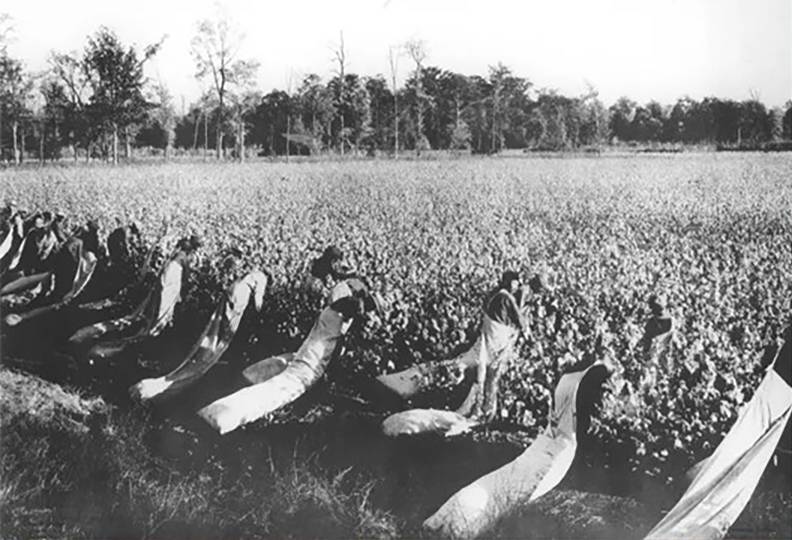
Black, Mexican, Indigenous histories of race, empire, and cotton in the Sonoran Desert are told through the author's move to Tucson, AZ (and through its desert washes) in January 2002, the driest month to-date in the Sonoran Desert in 1,500 years. This is the first chapter of a historically minded book-length reflection on environments and empire moving between the Mexican Pacific and the American Southwest.
French Vice in Texas:
Migration, Trafficking, and Indecent Work in the Early Twentieth Century
Dr. Elisa Camiscioli
Thursday, February 15, 2024
Flowers Hall 230 | 11:00 am
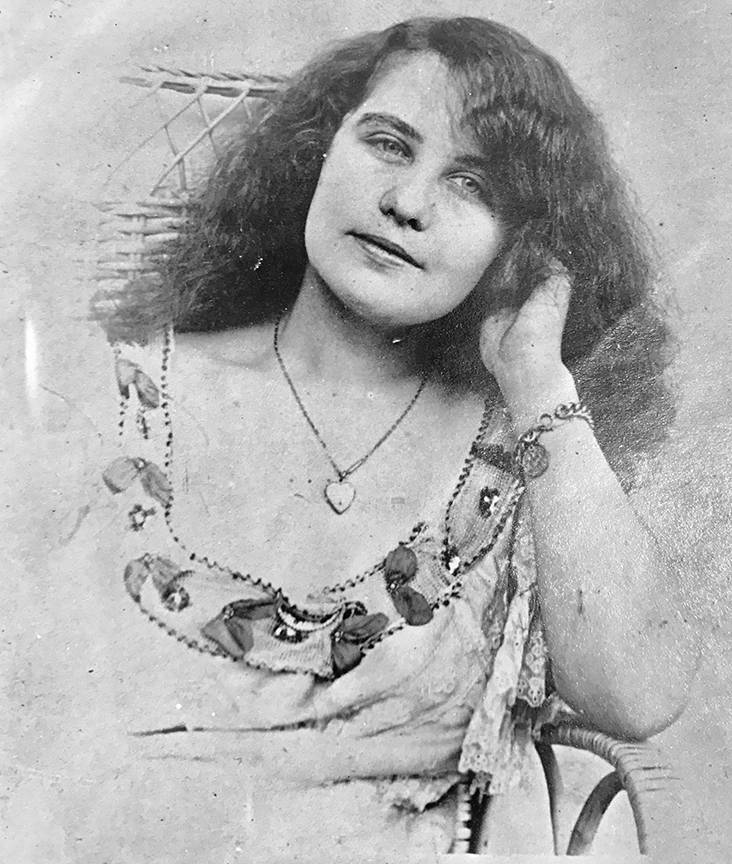
This presentation recasts the moral panic of “trafficking” as a key moment in migration history. By exploring three case studies of French migrants in Texas, Dr. Camiscioli shows how the victims and villains of the first international campaign against trafficking should be understood as entrepreneurial migrants instead.
Gendered Banishment:
Rewriting Mexican Repatriation Through a Transgenerational Oral History Methodology
Dr. Marla Ramirez Tahuado
Thursday, February 22, 2024 | 12:30 pm
TMH 104 & Online via Zoom
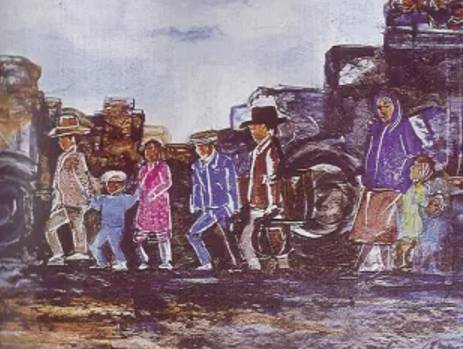
In the Great Depression, the United States expelled ¾ million ethnic Mexicans, 2/3rds of which were U.S. citizens. Historian Marla Ramirez Tahuado rigorously uses multi-generational oral histories with women to understand the legacy of this banishment.
Oral History & Mexican America
Dr. Marla Ramirez Tahuado, Anita Collins & Gina Alva Rogers
Thursday, February 22, 2024 | 6:00 pm
Centro Cultural Hispano de San Marcos | 211 Lee St. San Marcos, TX 78666
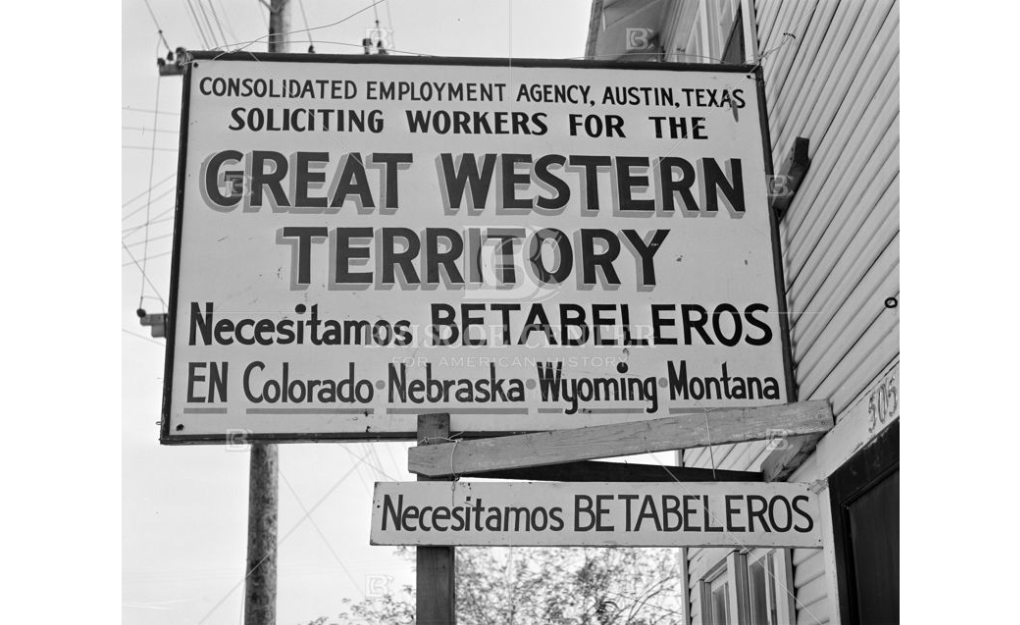
Oral historians can provide insight into underdocumented histories. Dr. Marla Ramirez Tahuado reflects on the cross-generational impact of the Great Repatriation of the 30s. Anita Collins and Gina Alva Rogers share how oral histories have helped shape their public history work on Mexican Americans and Jim Crow in Hays County.
Pushing Women from the Back Alley to the Border:
Criminalizing Abortion in California, 1920-1969
Dr. Alicia Gutierrez-Romine
Thursday, March 21, 2024 | 11:00 am
Brazos Hall and Online via Zoom
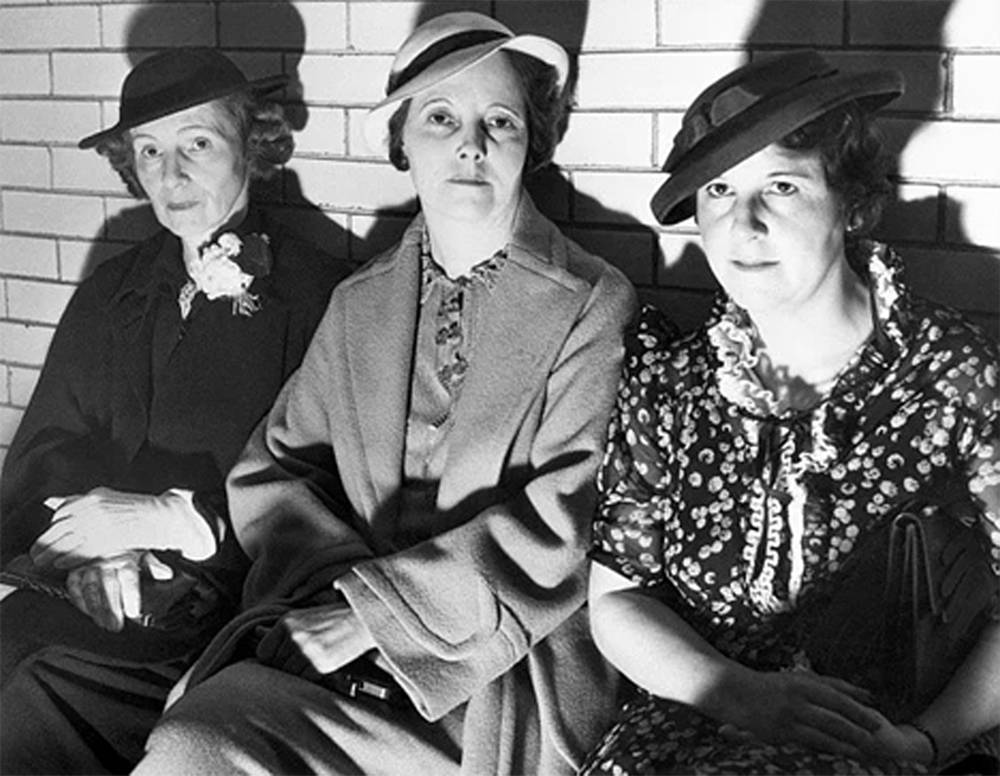
Focused on the patients who used this underground network and the physicians who facilitated it, Gutierrez-Romine provides insight into the world of illegal abortion.
Criminalizing Abortion before Roe:
Understanding the California Experience, 1920-1969
Dr. Alicia Gutierrez-Romine
Thursday, March 21, 2024 | 6:00 pm
Brazos Hall and Online via Zoom
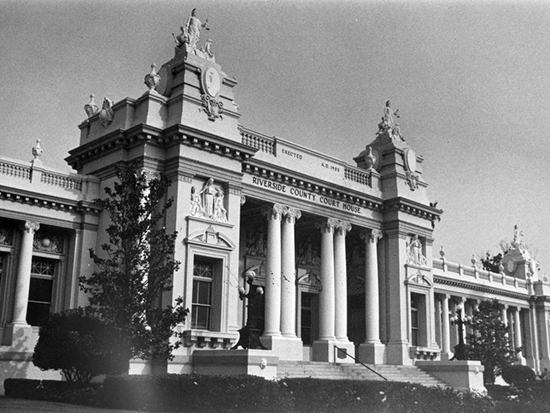
Her book, From Back Alley to the border, examines the history of criminal abortion in California and the role abortion providers played in exposing and exploiting the faults in California’s anti-abortion statute throughout the twentieth century. Focused on the patients who used this underground network and the physicians who facilitated it, Gutierrez-Romine provides insight into the world of illegal abortion from the 1920s through the 1960s, including regular physicians as well as women and African American abortionists, and the investigations, scandals, and trials that surrounded them.
HaMapah/The Map Dance-on-Film
Concept, Choreography, and Performance, Adam W. McKinney
Cinematography and Editing Laura Bustillos Jáquez
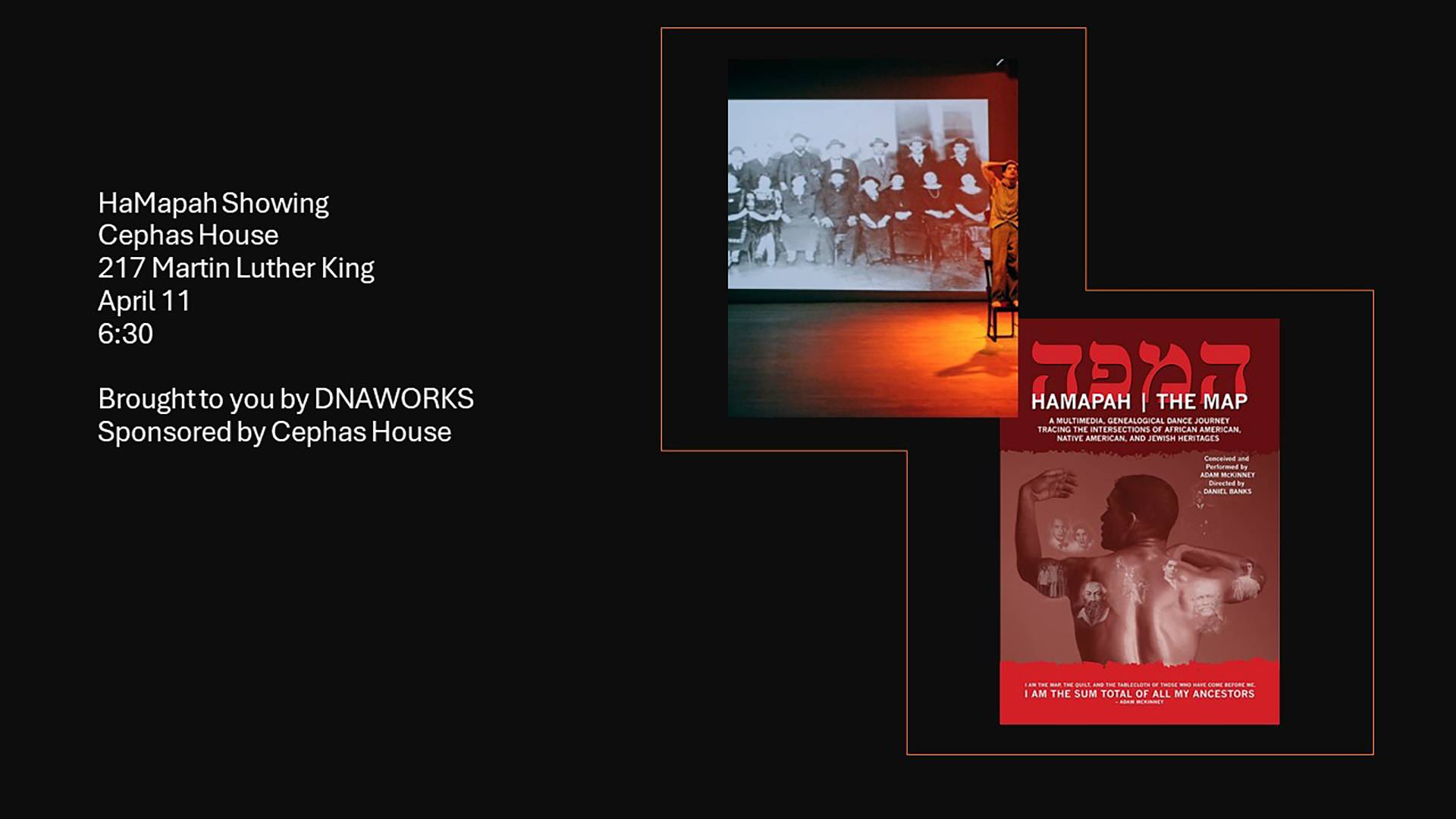
HaMapah/The Map Dance-on-Film is a multimedia, genealogical journey that traces the intersections of Adam W. McKinney's African American, Native American, and Jewish heritages. The film weaves contemporary dance with archival material, personal interviews, and music ranging from Eartha Kitt and Felix Mendelssohn to John Jackson and Yiddish songs.
